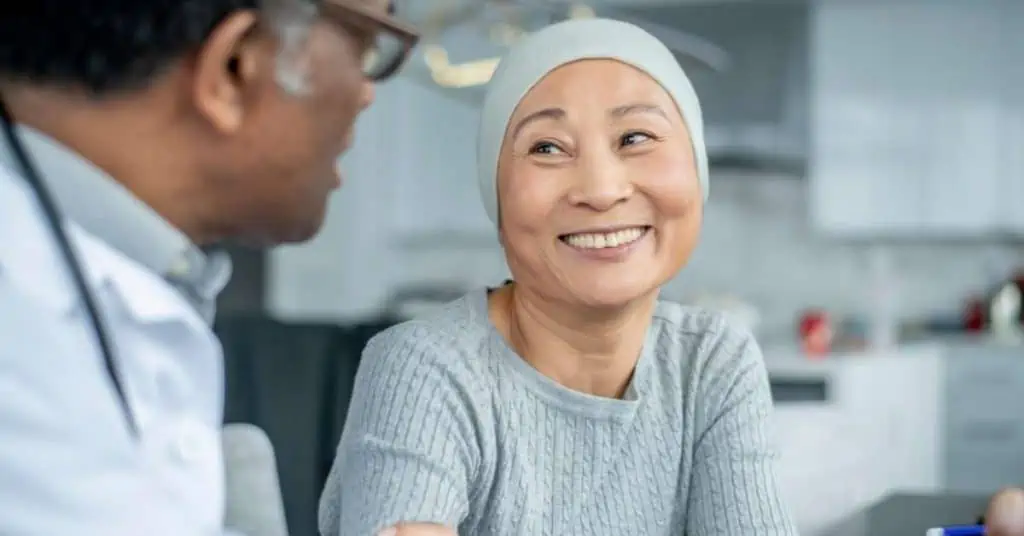A cancer diagnosis is a life-changing event that not only affects the body but also takes a significant toll on one’s mental and emotional well-being. Beyond the physical treatments like chemotherapy and radiation, therapy plays a key role in helping cancer patients navigate the emotional turmoil, existential questions, and profound challenges that accompany their journey.
This blog will explore into the transformative power of therapy for cancer patients, exploring how it offers support, resilience, and a sense of empowerment amidst adversity.
1. Coping with Emotional Turmoil

Through individual or group therapy, patients can explore their fears, concerns, and uncertainties, gaining insight and perspective that fosters emotional resilience.
Oxygen therapy for cancer treatment offers potential benefits by enhancing tumor response to conventional therapies through improved tumor oxygenation, potentially boosting treatment effectiveness and restraining tumor growth.
2. Addressing Existential Questions
Facing mortality and grappling with existential questions is a profound aspect of the cancer experience. Therapy offers patients an opportunity to explore these existential concerns, providing a supportive environment to ponder life’s meaning, purpose, and legacy. By addressing these existential questions, therapy can help patients find a sense of peace, acceptance, and inner strength amidst the uncertainty of their illness.
3. Managing Treatment Side Effects

Therapy equips patients with coping strategies and techniques to manage treatment-related symptoms such as pain, fatigue, nausea, and insomnia. Additionally, therapy can help patients navigate the psychological impact of these side effects, mitigating feelings of frustration, helplessness, and despair.
4. Fostering Supportive Relationships
The support of friends and family is invaluable during the cancer journey, but sometimes patients might struggle to communicate their needs or express their emotions to their loved ones.
Therapy provides a neutral space where patients can explore their relationships, enhance communication skills, and navigate the dynamics of their support network. By fostering healthier, more supportive relationships, therapy strengthens patients’ social support systems, which are vital for their emotional well-being.
5. Promoting Self-Exploration and Growth

6. Enhancing Quality of Life
While curing cancer is the primary goal of medical treatment, enhancing the quality of life for patients is equally important. Therapy focuses not only on alleviating distress but also on promoting holistic well-being – physical, emotional, and spiritual. By addressing the multidimensional aspects of the cancer experience, therapy helps patients reclaim a sense of control, meaning, and vitality in their lives.
Conclusion
In the face of a cancer diagnosis, therapy serves as a beacon of hope, healing, and resilience for patients navigating the complexities of their illness. By addressing emotional turmoil, existential questions, treatment side effects, relationships, self-exploration, and quality of life, therapy offers holistic support that transcends the boundaries of conventional medical care. As an important component of comprehensive cancer care, therapy empowers patients to find strength, courage, and inner peace amidst the challenges of their journey toward healing and recovery.









